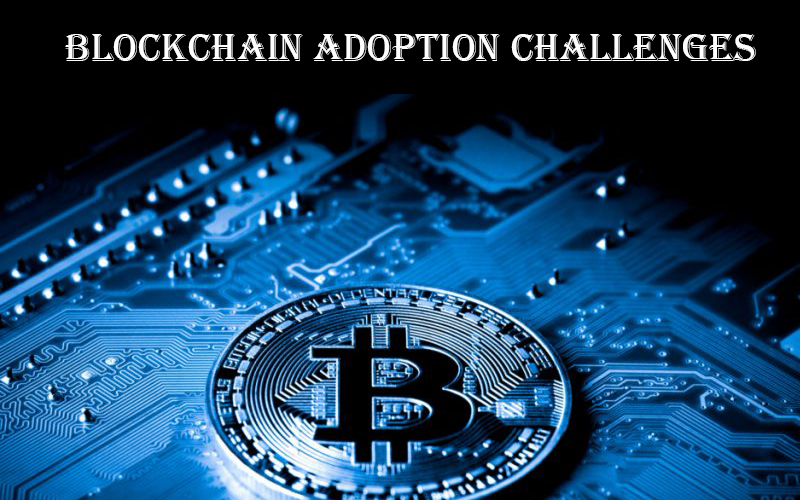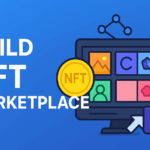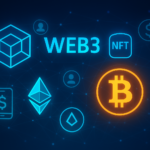Blockchain is a highly specialized type of database that unusually stores information. Compared to a traditional database, the data in a blockchain is structured differently. The data is organized into groups called blocks. Every block has a predefined storage limit; it is chained with the previously completed block when reached. When new data is presented, a new block is generated in which the new data is compiled and added to the chain. This results in a virtual blockchain called a “Blockchain.” Let us now look at the Blockchain adoption challenges in 2023.
Difficult To Understand and Adopt
Due to the complexity of blockchain technology, a layperson may need help comprehending its benefits. Before implementing this revolutionary technology, reading and understanding the distributed ledger and encryption principles is necessary. Since financial institutions can provide secure payment gateways and other services at reasonable prices compared to the costs associated with blockchain, its adoption is challenging.
Lack of Appropriate Skill Set
In addition to software and hardware, you must hire qualified personnel to manage blockchain technology. As you are conscious, blockchain technology is still in its early stages. Handful people now have the skills required to work with such technology. On the other side, this type of skilled personnel is in high demand. As a result, hiring the right people will cost you more money.
Lack of Trust and Privacy
Privacy and blockchain do not mix well in general. Because the public ledger powers the system, complete privacy is a concern. As a result, if they are stored in a public ledger, they are no longer truly private. As a result, changing the registers on the public ledger is required to restrict access to the data. One solution would be to make it available only to customers.
Higher Implementation Cost
Blockchain generally reduces the costs associated with third-party and intermediary expenses in the value transfer process. Even though blockchain technology has many benefits, it is still in its early stages and, thus, challenging to integrate into existing systems. Besides that, it raises the overall cost, discouraging both the government and private companies from implementing it.
Interoperability
Interoperability is one of the significant issues that must be addressed, as it is one of the primary hindrances preventing organizations and industries from implementing this technology. Most blockchains operate independently and do not interact with peer networks due to their inability to send and receive information from other blockchain-based systems.
An increasing number of individuals wish to launch their own exchange platform using a Cryptocurrency Exchange Script or a good Bitcoin Exchange Script.
Final Words
Despite these obstacles, various industries, such as education, retail, logistics, media and entertainment, and so on, have gradually adopted blockchain technology.






















0 Comments